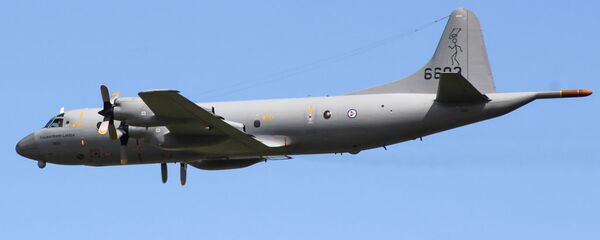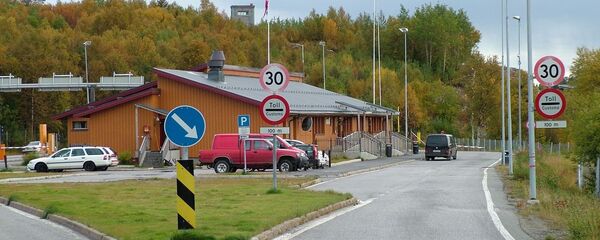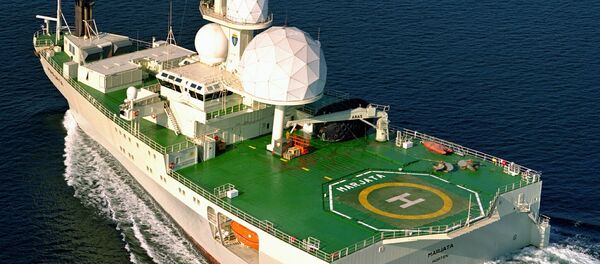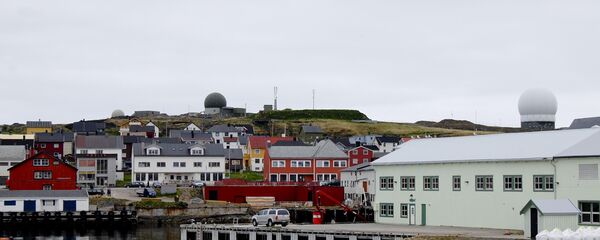"I find it regrettable that Norway is weakening its national presence in Sør-Varanger, which is the only [Norwegian] municipality bordering Russia. Having military intelligence here is very important for the whole of Norway and for the municipality in particular," Rafaelsen told Norwegian national broadcaster NRK.
Until now, the Norwegian Armed Forces have had an intelligence-gathering station in Varanger, tasked with monitoring border activity, as well as a support element in Høybuktmoen and a collection unit in Viksjøfjell. Vadsø, however, where part of the personnel will be moved, has since 1999 hosted the American radar array Globus II. In March 2016, it became known that the US was poised to build another intelligence radar in the same area.
"Modernization and improved efficiency is a continuous process for the Intelligence Service," Morten Haga Lunde told the Kirkenes-based Arctic news outlet the Barents Observer.
E-Tjensten is tasked with collecting, processing and analyzing information concerning Norwegian interests in relation to foreign states, organizations and individuals in order to provide the Norwegian authorities with a solid basis for decisions in matters concerning foreign, security and defense policy. The Chief of E-Tjensten is directly subordinate to the Chief of Defense.
Haga Lunde also stressed the necessity of establishing "digital border control," citing the threat of Russia's meddling.
"Based on Russia's capacity and activities towards the Western countries we must assume that Russia can directly or indirectly influence political processes in other countries. This is particularly relevant in 2017 with a series of national elections in Europe," Haga Lunde told Norwegian news outlet Digi.
Incidentally a former E-Tjensten employee ventured that increased Norwegian military activity in Finnmark had prompted more Russian intelligence activities, characterizing the border county of Finnmark as a "temperature gauge" for the relations with the vast neighbor in the east.
Never miss a story again — sign up to our Telegram channel and we'll keep you up to speed!






